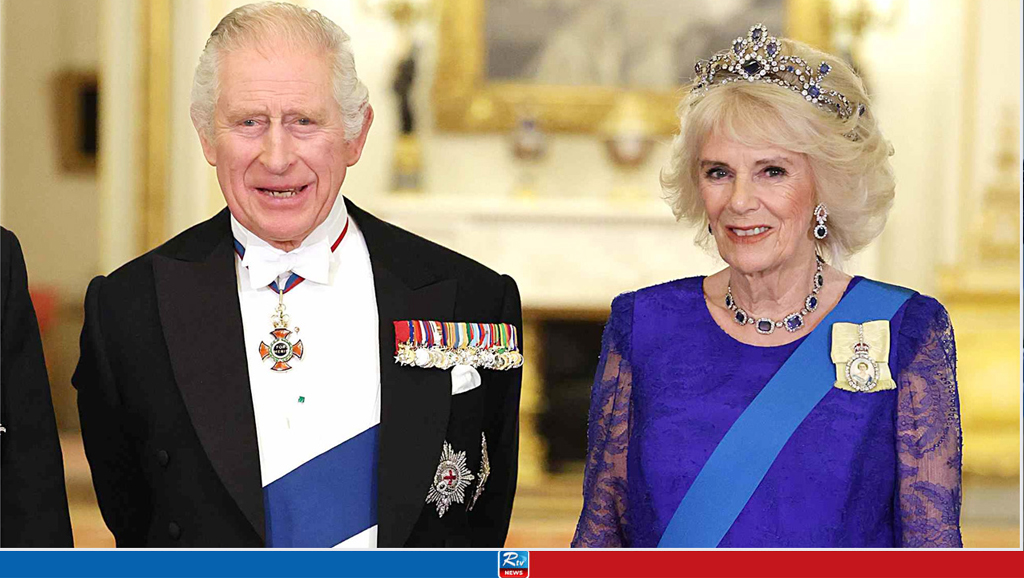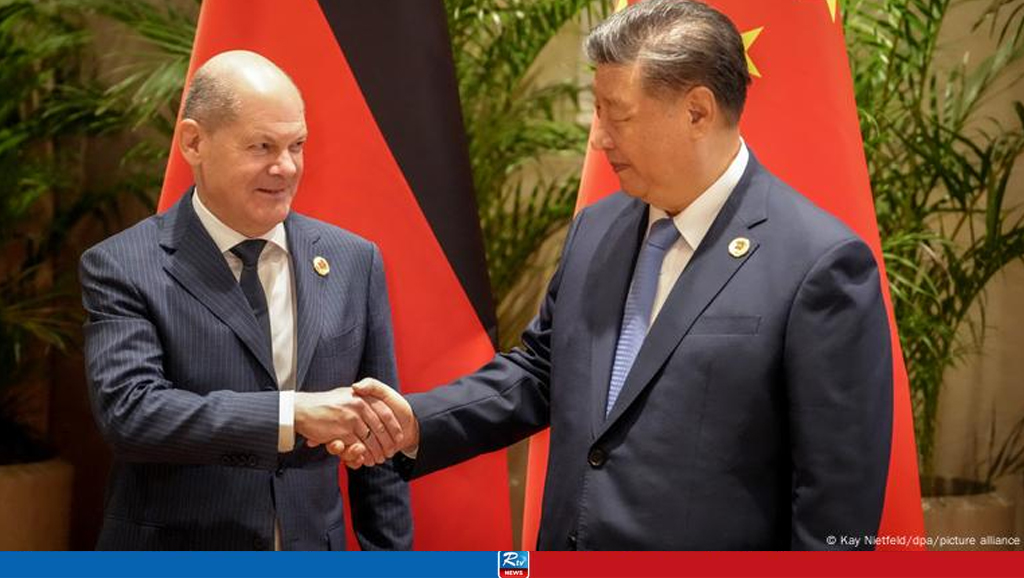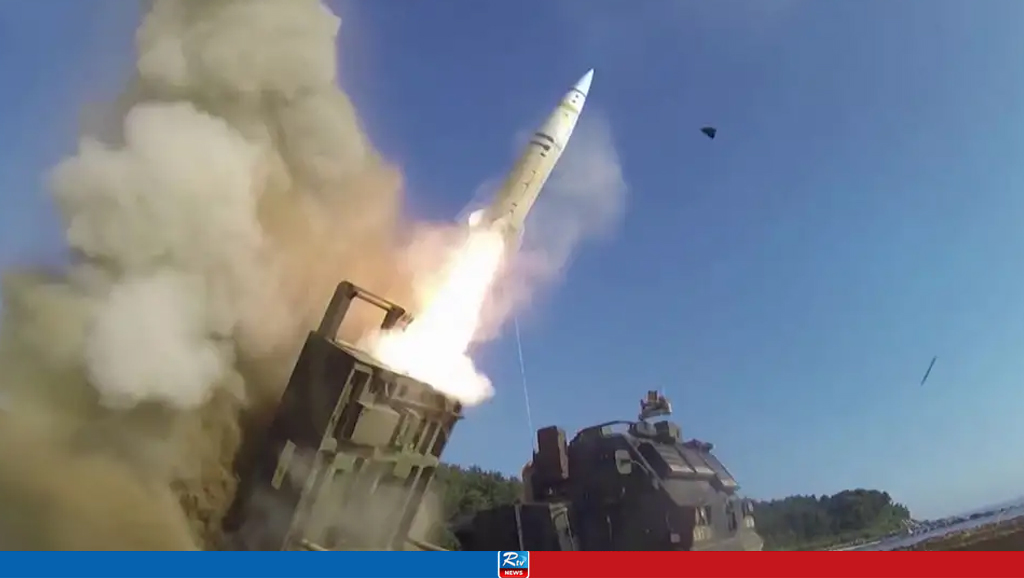Interpreting American thinking on Khalistan terrorism and India-Canada tensions

It was the type of crisis no one in Washington wanted. While there had been some background discussions among Canada, the United States, and other countries in the run-up to the G20 Summit about the Hardeep Singh Nijjar case, Prime Minister Justin Trudeau apparently caught Washington by surprise when he decided to accuse India of murdering the terrorist on Canadian soil.
Trudeau based his accusations on alleged intelligence provided by the “Five Eyes” intelligence-sharing group (United States, United Kingdom, Canada, Australia, New Zealand).
Not all intelligence agencies are equal, however; no one fears New Zealand spies and Australia’s Office of National Intelligence focuses more on China than on Canada. Therefore, Trudeau’s statement insinuated he had received intelligence from either the United States or United Kingdom.
It is no secret that the United States or Canada spy on allied countries; India does the same thing. To simply say “intelligence shows” is amateurish, though. When there is intelligence, for example, intercepts of phone calls, these are seldom cut-and-dry but rather open to interpretation. Intelligence provides puzzle pieces, but it seldom offers a clear picture.
Nor would any operative speak clearly about their plans, even in the special rooms designed to avoid eavesdropping.
When intelligence is clear, for example, when the United Kingdom developed the Enigma device during World War II, the United States and Canada would likely prioritise keeping their penetration secret rather than haphazardly exposing a capability it might take years to restore.
When after the murder of Saudi intelligence agent-turned-dissident Jamal Khashoggi in 2018, Turkey revealed it had bugged the Saudi consulate in Istanbul, they did so after cancelling balancing President Recep Tayyip Erdogan’s desire to embarrass Riyadh over the fact that they would never again receive information from those transmitters. When the United States assassinated Al Qaeda leader Usama Bin Laden, they did so only after calculating the damage caused by exposure of America’s then-secret stealth helicopter capabilities.
Make no mistake: The United States is frustrated with Trudeau’s willingness to expose intelligence collection and capabilities especially at a time when the intelligence was murky at best.
While the White House has tried to dampen rhetoric against India in sharp contrast to its actions in the aftermath of Khashoggi’s murder, David Cohen, the US ambassador to Canada, appeared on Canadian TV and confirmed that Canada received “Five Eyes” intelligence. “There was a lot of communication between Canada and the United States about this, and I think that’s as far as I’m comfortable going,” Cohen said.
Cohen’s remarks were not wise. He appeared on television for its own sake, stirred the pot, but ultimately said nothing. From his perspective, he simply wanted to be available for Canadian TV. Indians should understand US diplomacy and Canada.
American ambassadors come in two forms: career and political. The US President usually sends a political ambassador to Canada, someone who contributed generously to his campaign.
Not all political ambassadors are equal. India and Japan regularly receive highly capable American advisors. Because Canada neighbours the United States, speaks English, and most business is done directly with direct phone calls, ambassador posts in Ottawa are usually reserved for those who want the honorific but do not have top skills that the State Department can trust in a crisis.
Cohen was a successful businessman and, from his stint as chief-of-staff to Philadelphia’s mayor, he understands city politics, but he is not someone whom the United States trusts in a crisis. Technically speaking, American ambassadors supervise all elements in US embassies including the CIA chief-of-station.
In practice, however, the US ambassador in Ottawa keeps a hands-off approach. It is doubtful that Cohen even knew about any Nijjar-related issues before Trudeau’s comments last week. He is playing catch up and trying to assuage his Canadian audience with whom he must interact daily.
Frankly, the same pattern extends to American diplomats stationed in Canada. Canada is seldom a first-choice destination for ambitious diplomats.
Often, the State Department’s personnel shop reserves slots in Ottawa or at the various provincial consulates for diplomats who must stay close to home for certain reasons, be they family issues or health. No top State Department official built their career in Canada.
Secretary of State Antony’s Blinken’s comments should worry India more. Blinken built his career in the Senate as Biden’s chief foreign policy aide. In the culture of the senate, posturing and virtue signalling trump’s policy responsibility. If American progressives seize upon this issue as a cause célèbre no matter Nijjar’s terrorism, Blinken’s political instincts will be to follow rather than lead.
This dynamic has haemorrhaged Biden administration relations with Israel and Saudi Arabia. Many American progressives harbour an irrational antagonism to Prime Minister Narendra Modi. If Modi walked on water, they would belittle him for not knowing how to swim. Behind-the-scenes, though, Blinken and National Security Advisor Jake Sullivan are smart enough to hope the problem will just go away.
This might occur in two ways: First, a new crisis might simply shift the focus in Washington and relieve the pressure on the White House and State Department. Blinken and Sullivan pursued this strategy after the Afghanistan withdrawal, and they hope the Nijjar story will likewise simply disappear as focus shifts elsewhere.
A more likely scenario is that it will disappear when Trudeau loses his premiership, something polls show will likely happen in the next election. While Trudeau can remain in power until 2025 due to a deal with the left-leaning New Democrats, such a deal is not binding and elections could occur much sooner.
The question for New Delhi and Washington then becomes whether the source of the current crisis is Canada or Trudeau’s superficiality and venality? Certainly, economic and educational ties suggest India and Canada are a relationship too important to discard. Trudeau is like Donald Trump; the personality is the problem, not the country. Indeed, the silver-lining to the crisis is already obvious:
No longer will either Ottawa nor Washington ignore New Delhi’s security concerns. Whether the United States wanted to or not, it increasingly understands it cannot ignore the violence and terrorism Khalistani separatism represents nor the movement’s lack of popular legitimacy.
Source: firstpost.com
Comments
Indian Media Spreads Best Fairy Tales
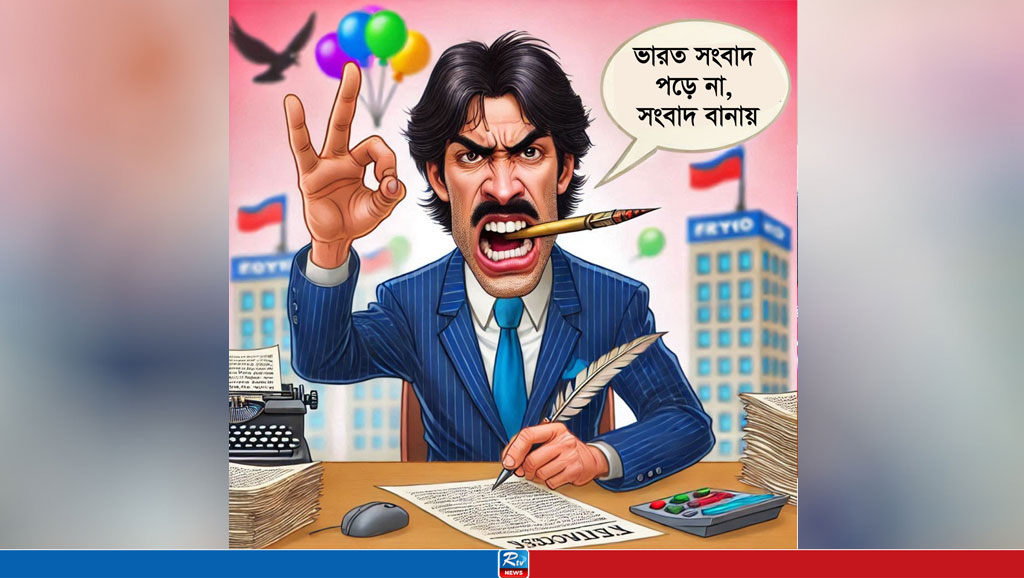
India's Ruling Party Have Potential to Tarnish Country's Reputation on Global Stage
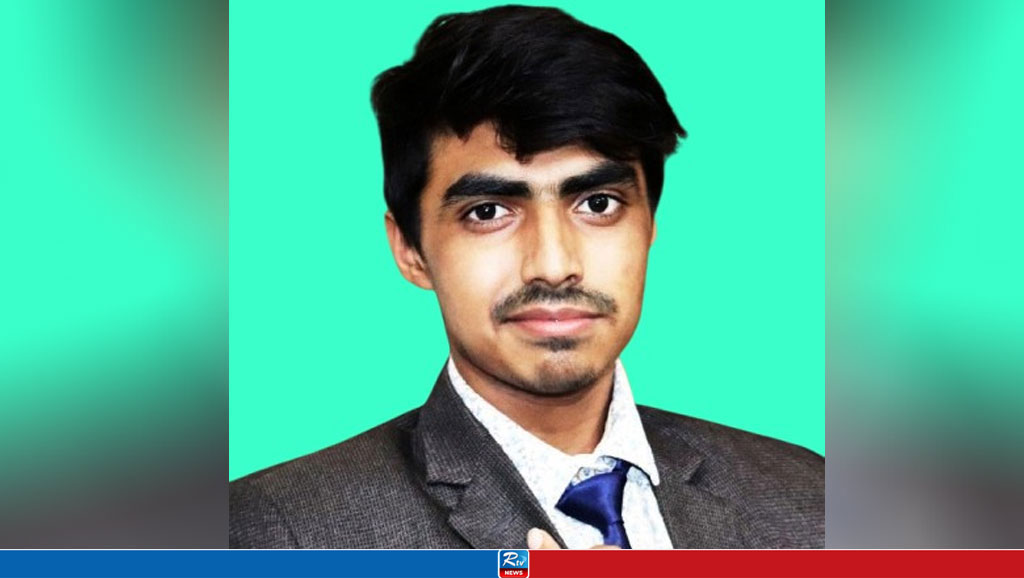

 Live Tv
Live Tv

